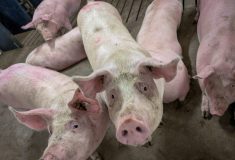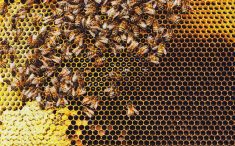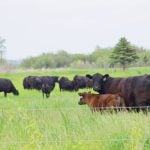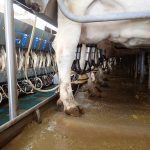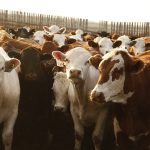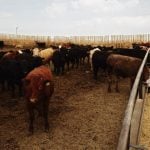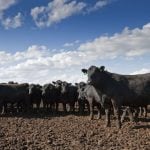Manitoba’s government has pledged over $1 million for research to reduce greenhouse gas emissions from the province’s farming sector.
The first funding block of $150,000 from that pledge was earmarked Wednesday for five projects at the National Centre for
Livestock and the Environment, a University of Manitoba research centre south of Winnipeg.
The new research would be aimed at practical tools
to reduce emissions from the ag sector, Agriculture Minister Rosann Wowchuk said in a release Wednesday, noting that
“effective, ecologically-minded” farm practices often reduce energy
Read Also
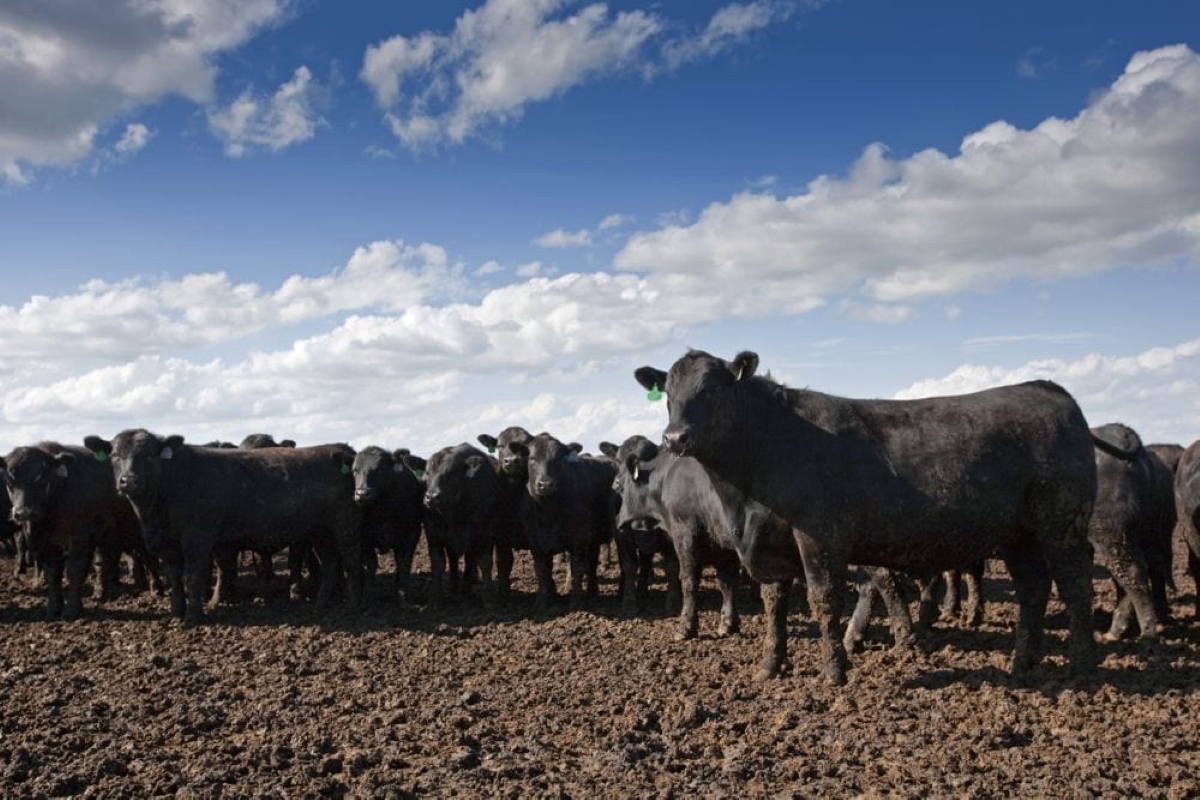
U.S. livestock: Cattle futures fall on expectations of US agriculture secretary announcement
Chicago | Reuters – Chicago Mercantile Exchange cattle futures fell on investor expectations that U.S. Agriculture Secretary Brooke Rollins might…
The NCLE projects receiving the initial round of funding include:
- a study of the role of grasslands in mitigating
greenhouse gas (GHG) emissions and their ability to provide other
benefits, such as reduced water erosion; - study of changes in GHG emissions for annual cropland that’s converted to forage crops, and vice-versa;
- research on the impact an animal’s diet will have on GHG emissions from manure; and
- two projects to examine carbon emissions from various cropping systems and the economics of biological nitrogen production.
Wowchuk also appointed Esther Salvano as
the province’s first-ever manager of climate change, to co-ordinate research work at the province’s Agri-Environment
Knowledge Centre, focusing on “agri-environmental priorities” such as climate-change
resource economics, which studies the reasons behind
environmental decisions and policies made by individuals,
companies and governments.
Environment Canada data shows that agricultural activities
produce 30 per cent of the province’s GHG emissions, the government said in its release. Over 40 per cent of agricultural emissions come from
agricultural soils, much of it from the application of
nitrogen-based fertilizers, the province said.



